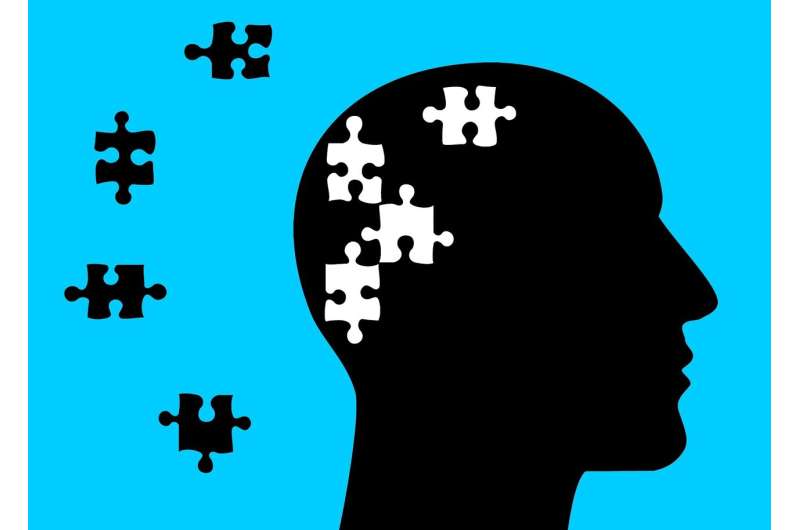Mindfulness Practice Helps Reduce COVID-19 Stress Impact on Working Memory

A recent study highlights the beneficial role of mindfulness in alleviating the detrimental effects of COVID-19-related stress on working memory (WM). Working memory is crucial for processing information, multitasking, maintaining attention, and managing daily cognitive functions. However, traumatic stress experienced during the pandemic has been shown to impair these cognitive abilities, especially in structured environments such as testing scenarios.
The research, conducted by doctoral student Hunggu Cho along with co-directors Ken Rice and Jeff Ashby from the Ken Matheny Center for Stress, Trauma, and Resilience, was published in the Journal of Loss and Trauma. It involved 484 college students from the United States and Israel, who completed a 40-minute survey measuring COVID-19 stress levels, mindfulness, and self-reported working memory. Additionally, participants performed a Symmetry Span Task, a timed test assessing WM by recalling the positions of red squares on a grid.
Findings revealed that stress related to COVID-19 negatively influenced task-based WM, indicating that high stress levels impair performance in controlled testing environments. Interestingly, self-reported WM in daily life was not significantly affected by stress. This suggests that COVID-19 stress may impact cognitive functioning differently depending on the context.
Crucially, the study demonstrated that mindfulness had a small yet significant moderating effect on the relationship between COVID-19 stress and WM, particularly regarding self-reported abilities. Participants with higher mindfulness levels tended to report better WM functioning despite experiencing stress. Although the measurement of mindfulness warrants further research, these results support the idea that cultivating mindfulness can help improve cognitive resilience during stressful times.
The researchers proposed that enhancing mindfulness could potentially strengthen working memory capabilities or that both may share underlying attentional components. Future studies are encouraged to explore these possibilities further.
This research underscores the potential of mindfulness as a practical tool for maintaining cognitive health amidst ongoing pandemic-related challenges.
Source: https://medicalxpress.com/news/2025-04-mindfulness-mitigate-covid-stress-impact.html
Stay Updated with Mia's Feed
Get the latest health & wellness insights delivered straight to your inbox.
Related Articles
The Impact of Social Media on Triggering Eating Disorders Among Youth
Social media significantly influences young people's mental health, often triggering and exacerbating eating disorders through harmful content and unrealistic body standards. Experts emphasize the need for increased awareness and regulation to protect vulnerable youth.
Tailored Exercise Plans: A New Front in Depression Treatment
Emerging research advocates for personalized, structured exercise programs to be a key part of depression treatment, emphasizing its role alongside medication and therapy.
Strong Link Between Number of Psychiatric Disorders and Dementia Risk
A new study reveals that the risk of developing dementia increases significantly with the number of psychiatric disorders, with four or more conditions elevating the risk elevenfold. Early detection of mental health issues may be key in dementia prevention.



